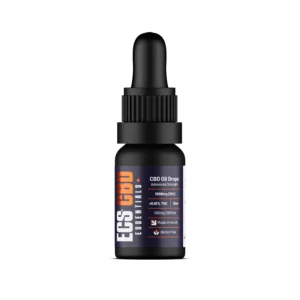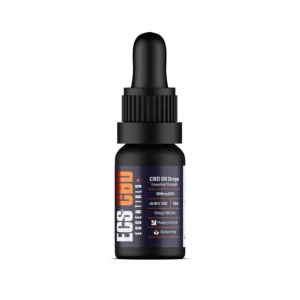Terpenes are organic compounds found in a variety of plants, including cannabis. They are responsible for the distinct aroma and flavor of different strains of cannabis. Terpenes also play a crucial role in the overall effects of cannabis, working in synergy with cannabinoids like THC and CBD to produce a wide range of therapeutic benefits.
Each terpene has its own unique properties and effects. For example, myrcene, which is commonly found in mangoes, has sedative and relaxing effects. Limonene, found in citrus fruits, has mood-enhancing and anti-anxiety properties. Pinene, found in pine trees, has anti-inflammatory and bronchodilator effects.
When terpenes interact with cannabinoids in the body, they can enhance or alter the overall effects of the cannabis strain. This phenomenon is known as the entourage effect, where the combined effects of cannabinoids and terpenes are greater than the sum of their individual effects.
Terpenes can also influence the way cannabinoids bind to receptors in the endocannabinoid system, affecting the overall potency and duration of the effects. Some terpenes may increase the bioavailability of cannabinoids, allowing for faster absorption and more pronounced effects.
In addition to their therapeutic benefits, terpenes also contribute to the entourage effect by modulating the psychoactive effects of THC. For example, terpenes like linalool and caryophyllene have been shown to reduce anxiety and counteract the intoxicating effects of THC.
Overall, terpenes play a crucial role in the overall effects of cannabis, influencing everything from aroma and flavor to therapeutic benefits and psychoactive effects. By understanding the unique properties of different terpenes, consumers can choose strains that best suit their individual needs and preferences.











